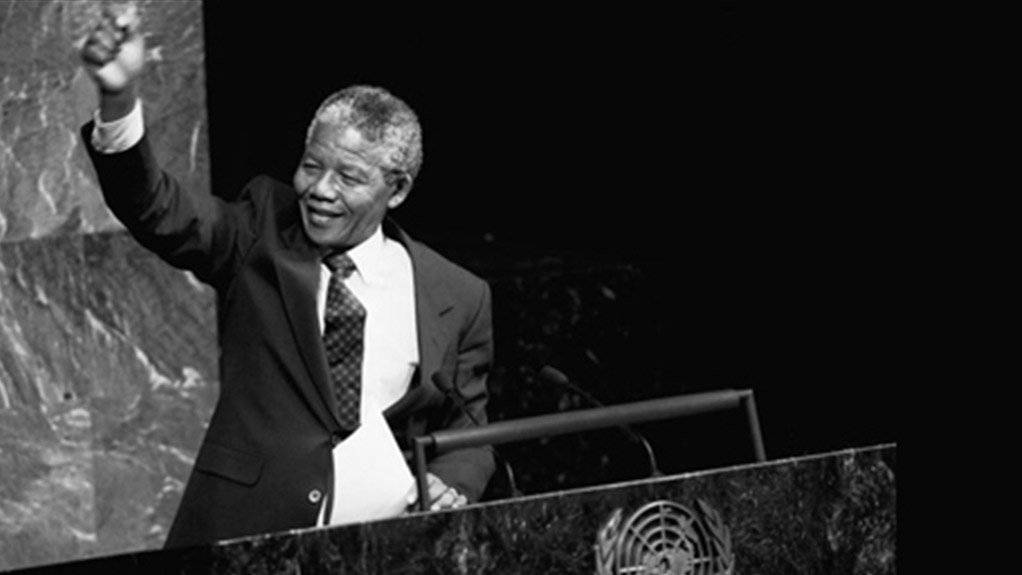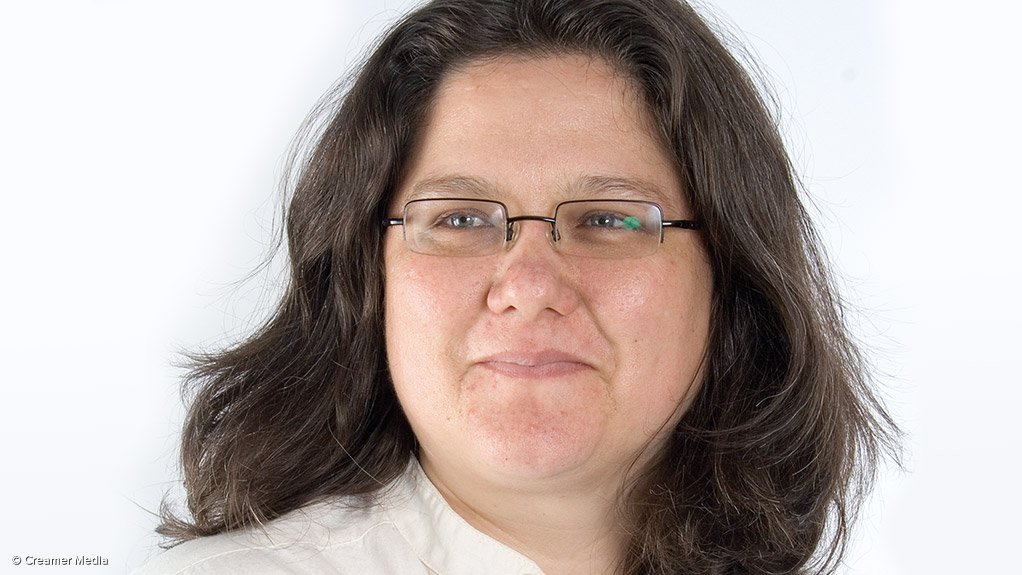Thousands of people had met Nelson Rolihlahla Mandela before his death on December 5. They had shaken his hand and posed for a photo with him, perhaps as a keepsake to show their children or envious friends and family. I was also one of the lucky ones who had the honour of meeting him. And I cannot help to think that, perhaps, if the number had been even greater – not of celebrities, but of South Africans – our country would be a more peaceful place today. That we could regain some of the tolerance seemingly lost since 1994.
When I met him I was what I still am today: a white, Afrikaans woman. But something did change that day. I received two vital lessons, one in democracy, and the other in humanity.
During the 1990s I was a student in journalism and politics. In 1995 and 1996 I was the actuality editor for the Wapad student newspaper at the PU for CHE. Or, for those who don’t know, the Potchefstroom University for Christian Higher Education. I, along with newspaper editor, Vita, was allowed seven minutes to speak with President Nelson Mandela before he addressed the student body.
I remember that he did not wear a suit. I remember his tense PA, eager for us to complete the interview. Madiba did not share her sentiments. As we asked our first question as ambitious, soon-to-be journalists and lawyers (Vita studied law), he smiled broadly, patted the sofa on which he sat, and told us to come and sit next to him.
We stood up from our chairs and did as he asked.
He was a big man with hands that enveloped ours. He literally held our nervous hands throughout the 15-minute interview. I had so many questions I wanted to ask about his life, his message and his presidency. One question was especially pertinent in our minds as we thought it would surely be the one we owed the then largely Afrikaans student body: Would the CHE of the PU for CHE be able to survive in the new South Africa?
Madiba was a shrewd politician. He never answered the question – perhaps impossible to answer as the country was in such a state of flux back then. He had one message that he kept on repeating, that he insisted on moulding as the answer to every question. One answer that he wanted us, as Afrikaans women, and as newcomers to democracy perhaps, to understand and take away with us. It was a message that still has such enormous value, for discrimination never disappears. It lurks in shopping centres and schools and parliaments to return in new forms whenever we grow lax. He said that no-one in South Africa must ever again be excluded based on race, religion or belief. Be who you are. Be Afrikaans, be Christian, be Muslim, be Black, be Indian, be Coloured – but do not ever tolerate institutions or people that exclude. That discriminate. That chisel away at people's dignity.
Madiba was humble, warm and sincere when he could have raged and hated. He had the quiet confidence that only comes from being at peace with yourself – not an easy place to reach. He did not take aim at our minds that day, but at our hearts. He was not a saint nor a god, but he did offer me a glimpse of the best humanity had to offer – that which lies beyond our egos, bank accounts and ambitions. That which I choose to believe remains possible in each and every South African.
EMAIL THIS ARTICLE SAVE THIS ARTICLE
To subscribe email subscriptions@creamermedia.co.za or click here
To advertise email advertising@creamermedia.co.za or click here













